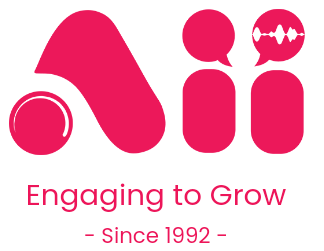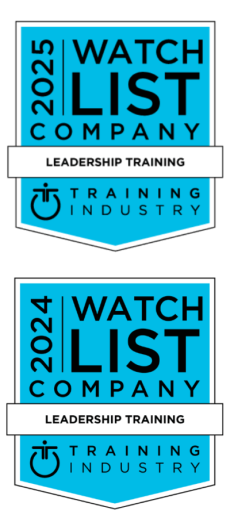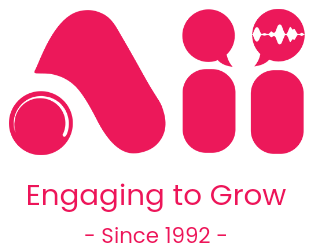
In today’s fast paced workplace, employees are expected to navigate complex interpersonal dynamics with clarity, confidence and emotional intelligence. Whether it’s giving feedback, managing a challenging client conversation or stepping into a leadership role, these moments are where skills are truly tested. Traditional training methods can equip people with knowledge, but rarely with practical experience. That’s the gap role play fills. When used intentionally, role play provides a structured and psychologically safe environment to practise real-world scenarios, develop communication skills and build confidence where it counts.
Moving from Theory to Behaviour
It’s one thing to understand the principles of good communication or effective feedback. It’s another to apply them when the pressure is on.
Role play allows people to experience the discomfort, unpredictability and emotional stakes of real workplace interactions, but in a space designed for learning. Instead of simply being told what to say, participants are given the opportunity to try it, hear the response and adjust in real time. This experiential learning process helps to build lasting behavioural change and improve learning retention.
Take, for example, a feedback training session. Employees may explore how to offer constructive criticism while maintaining trust and morale. Through role play, they can practise staying calm when challenged, expressing concerns clearly and keeping the conversation focused on outcomes. These are not theoretical skills. They are behaviours that improve only through practice.
Developing Emotional Intelligence Through Experience
Soft skills are among the most valuable in today’s workplace, yet they are also the most difficult to teach. Emotional intelligence, empathy, active listening and the ability to stay composed during high stakes conversations cannot be developed through theory alone.
When participants engage in role play, especially with professional corporate actors trained to respond in real time, they are encouraged to tune in fully. They learn to pick up on subtle emotional cues, respond appropriately and manage their own reactions. The feedback they receive is immediate, honest and often eye opening.
This depth of awareness is essential in leadership and client facing roles, where relationships are built on trust and nuance. Communication skills are not just about what is said. They are about how the message is delivered and understood. Role play makes that distinction tangible.
Creating a Safe Space for Growth

One of the most powerful aspects of role play is the environment it creates. Participants are invited to experiment, to try different approaches and to make mistakes without real world consequences. In that safe space, learning becomes deeper and more personal.
With skilled facilitators and corporate role players, participants receive constructive feedback and guided reflection. The scenarios they explore are adapted to reflect the specific challenges they face in their daily work, making the experience directly applicable.
The goal is not to perform but to prepare. Participants leave better equipped to handle the situations that challenge them most, with a clearer sense of how they show up and where they can grow.
Elevating Employee Development
Meaningful employee development requires more than a checklist of completed training modules. It demands space for reflection, behaviour change and skill building that supports people in real time.
Role play contributes to this by helping individuals internalise new ways of working. Whether it’s handling objections in a sales meeting or managing conflict in a team setting, participants are given a chance to rehearse the moments that matter before they occur.
This approach is especially effective in leadership development, where the interpersonal challenges are often complex and new. Practising these scenarios in advance allows leaders to develop the clarity, resilience and emotional intelligence they need to lead well.
Building a Culture of Communication
The benefits of role play extend beyond individual growth. It can help foster a broader organisational culture that values openness, accountability and direct communication. When people are trained to have difficult conversations, give feedback thoughtfully and respond with empathy, communication improves across the board.
For HR and L&D leaders, the value of role play lies in its depth. It goes beyond concepts and gives participants a way to engage with difficult content meaningfully. It enables them to practise, reflect and improve.
Role play does not just improve skills. It strengthens confidence and builds capability across the organisation.
If you’re looking to integrate role play into your communication skills training, we’re here to help. Our professional actors and facilitators deliver tailored, immersive sessions that help participants gain the clarity, confidence and emotional intelligence they need to succeed. Visit us to learn more or book a discovery call.


